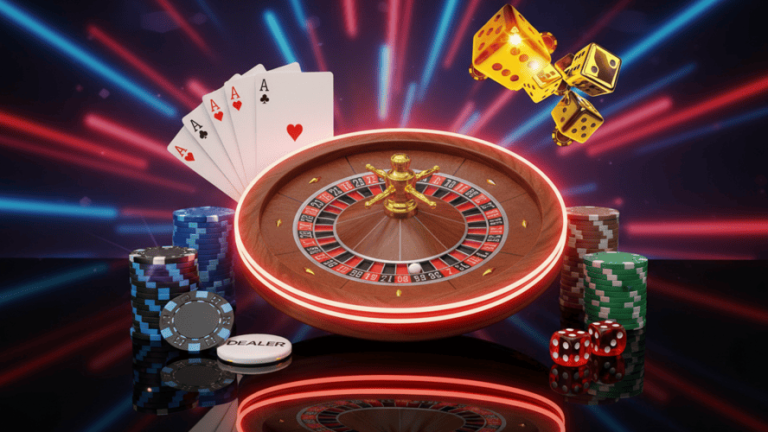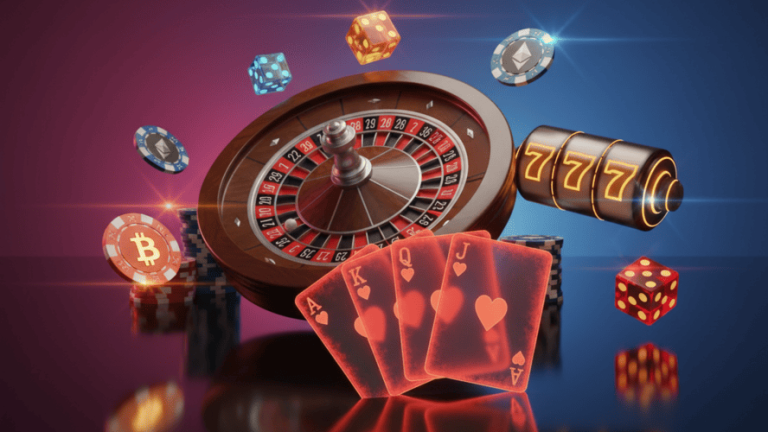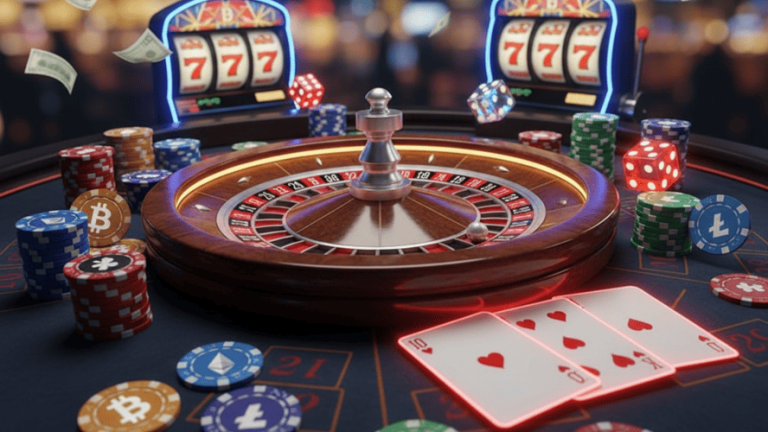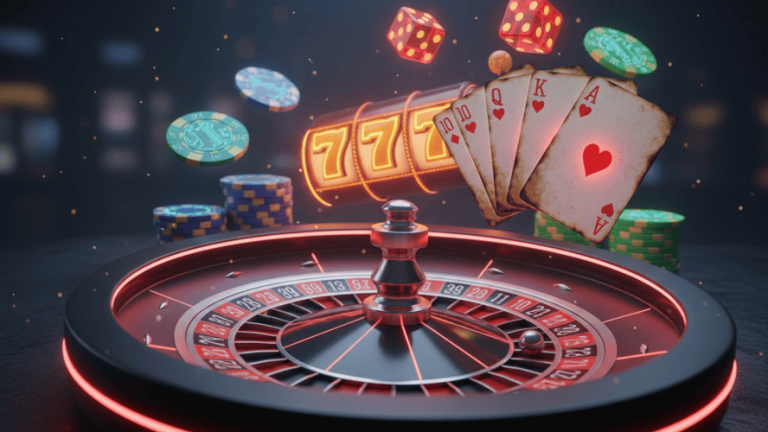As a representative of an online casino, I am often asked the seemingly simple question: how do casinos make money off players? While the surface answer is “through losses,” the reality is far more intricate, involving a sophisticated interplay of statistical advantage, psychological engagement, financial infrastructure, and regulatory compliance. Understanding how casinos make money requires an appreciation of probability theory, behavioral economics, operational efficiencies, and the subtle ways digital platforms encourage participation while maintaining fairness and legality. From my professional perspective, online casinos do not simply rely on luck-our revenue model is engineered through carefully calibrated mechanisms designed to ensure sustainability, player engagement, and regulatory adherence simultaneously.
At the core, every casino game is mathematically designed to provide a predictable advantage over time, known as the house edge. Yet this is only the foundation. The true profitability of online casinos stems from a combination of game design, financial structuring, bonus management, data analytics, player segmentation, and operational efficiencies that are invisible to the casual player. While it might appear that revenue is purely derived from player losses, the reality involves a sophisticated ecosystem where every decision, from odds configuration to interface design, plays a role in maintaining a profitable yet enjoyable environment.



